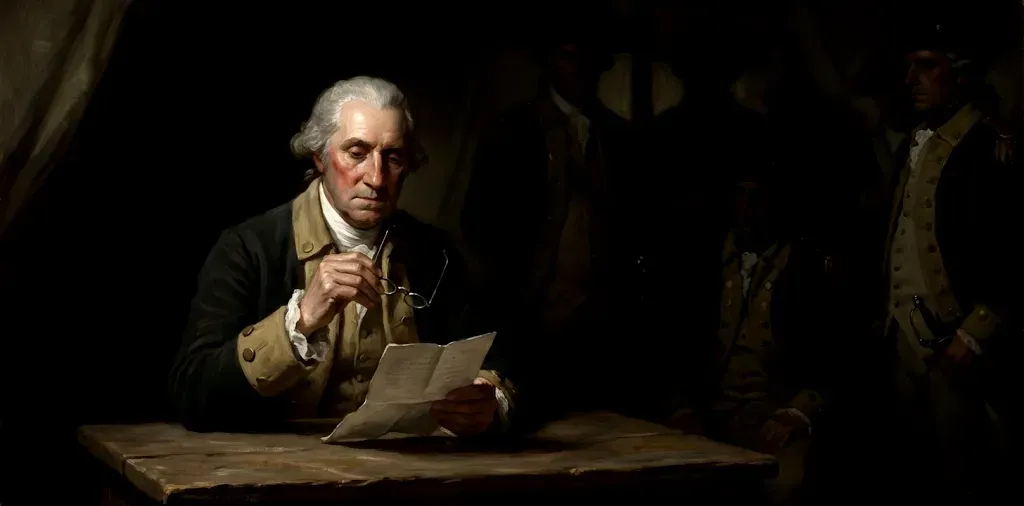Table of Contents
The word for today is…
fatigue (noun, verb, adjective):
noun
1a : labour
b : manual or menial work (such as the cleaning up of a camp area) performed by military personnel
c fatigues plural : the uniform or work clothing worn on fatigue and in the field
2a : weariness or exhaustion from labor, exertion, or stress
b : the temporary loss of power to respond that is induced in a sensory receptor end organ by continued stimulation
c : a state or attitude of indifference or apathy brought on by overexposure (as to a repeated series of similar events or appeals)
3 : the tendency of a material to break under repeated stress
verb
1 : to weary with labor or exertion
2 : to induce a condition of fatigue in
adjective
1 : consisting of, done, or used in fatigue
2 : belonging to fatigues e.g. fatigue cap
Source : Merriam -Webster
Etymology : Fatigue is a basic part of today’s vocabulary, but, surprisingly, only dates back to the mid-17th century in English. It’s not used even a single time by Shakespeare or in the King James Bible. It came to English from French and ultimately derives from the Latin verb fatigare, meaning “to tire out” or “to exhaust.” An earlier direct borrowing into English from Latin, fatigate, was used in the 1500s before disappearing (it’s now labeled obsolete in our dictionaries). Fatigue entered English first as a noun, then the verb (“the work fatigues me”) and adjective (“a fatigue detail”) came along. The noun was used to mean both “the state of being tired” and “labor,” “effort,” or “trouble”—a sense that seems old-fashioned today. Early uses of fatigue meaning “effort” or “labor” often were in military contexts. These senses led to two military-specific uses of fatigue. First, it came to mean “manual or menial work performed by military personnel,” and then, consequently, “the uniform or work clothing worn on fatigue detail and in the field.” This is how fatigues came to mean “uniform” in the military.
If you enjoyed this BFD word of the day please consider sharing it with your friends and, especially, your children.





